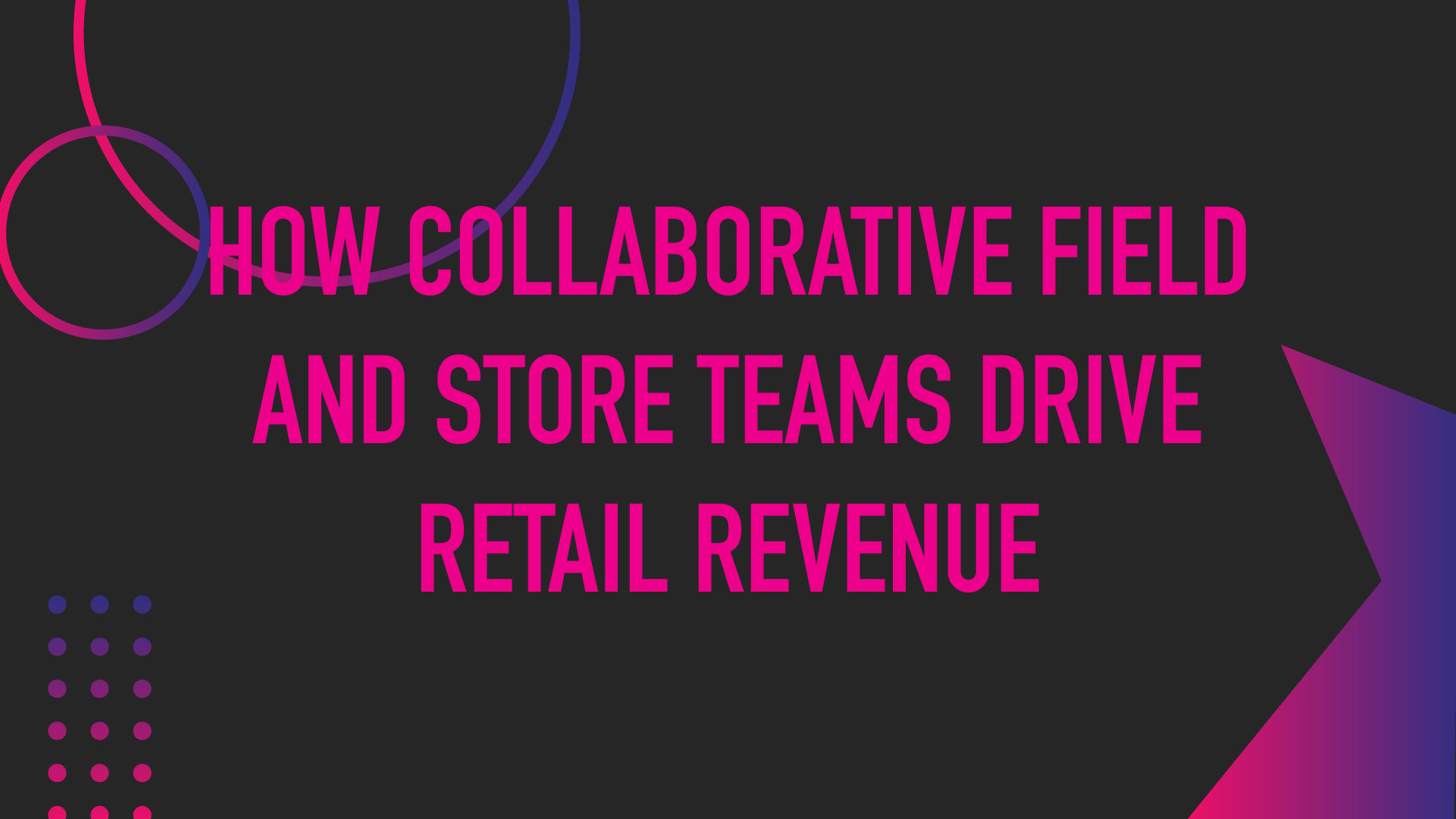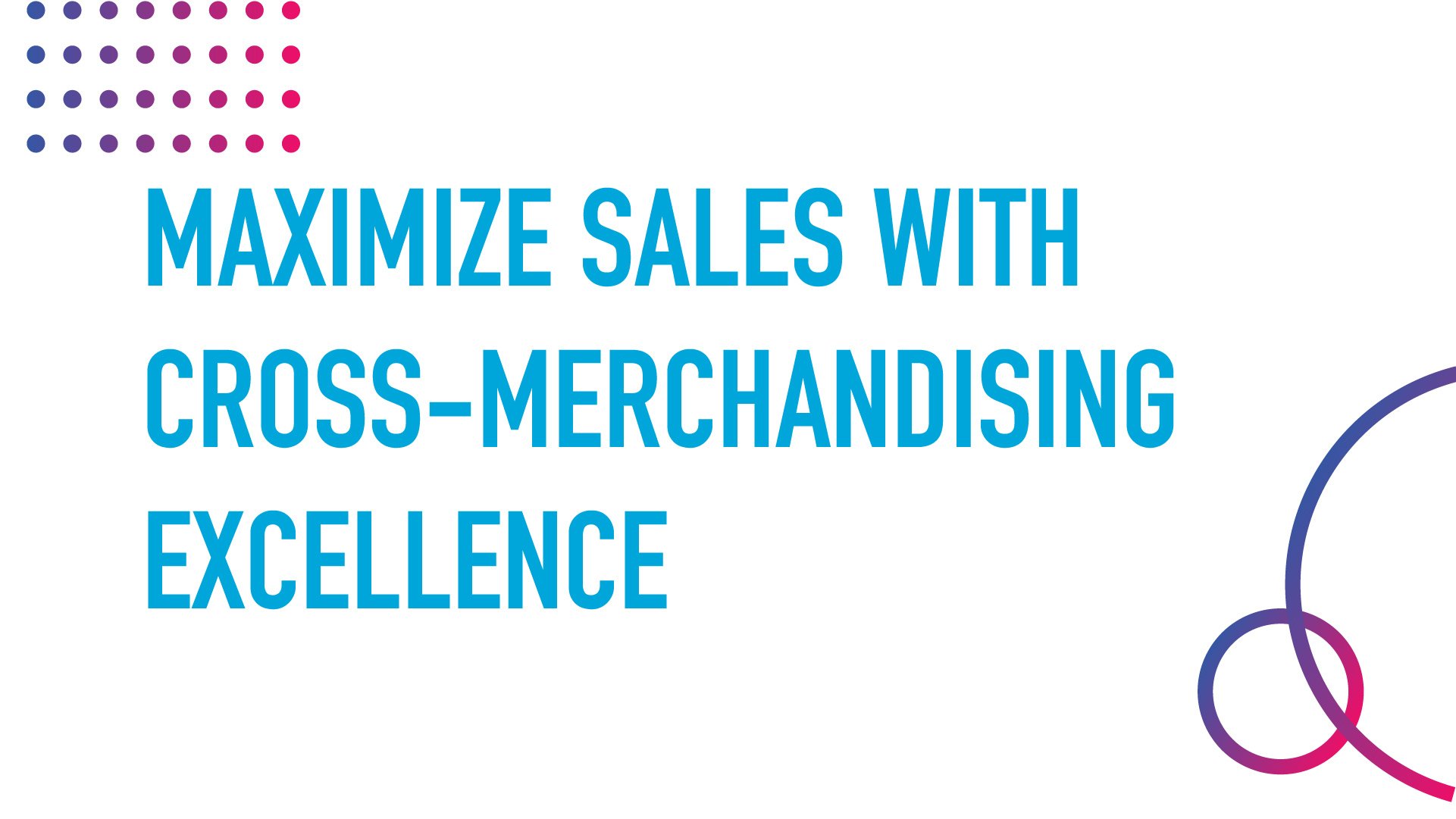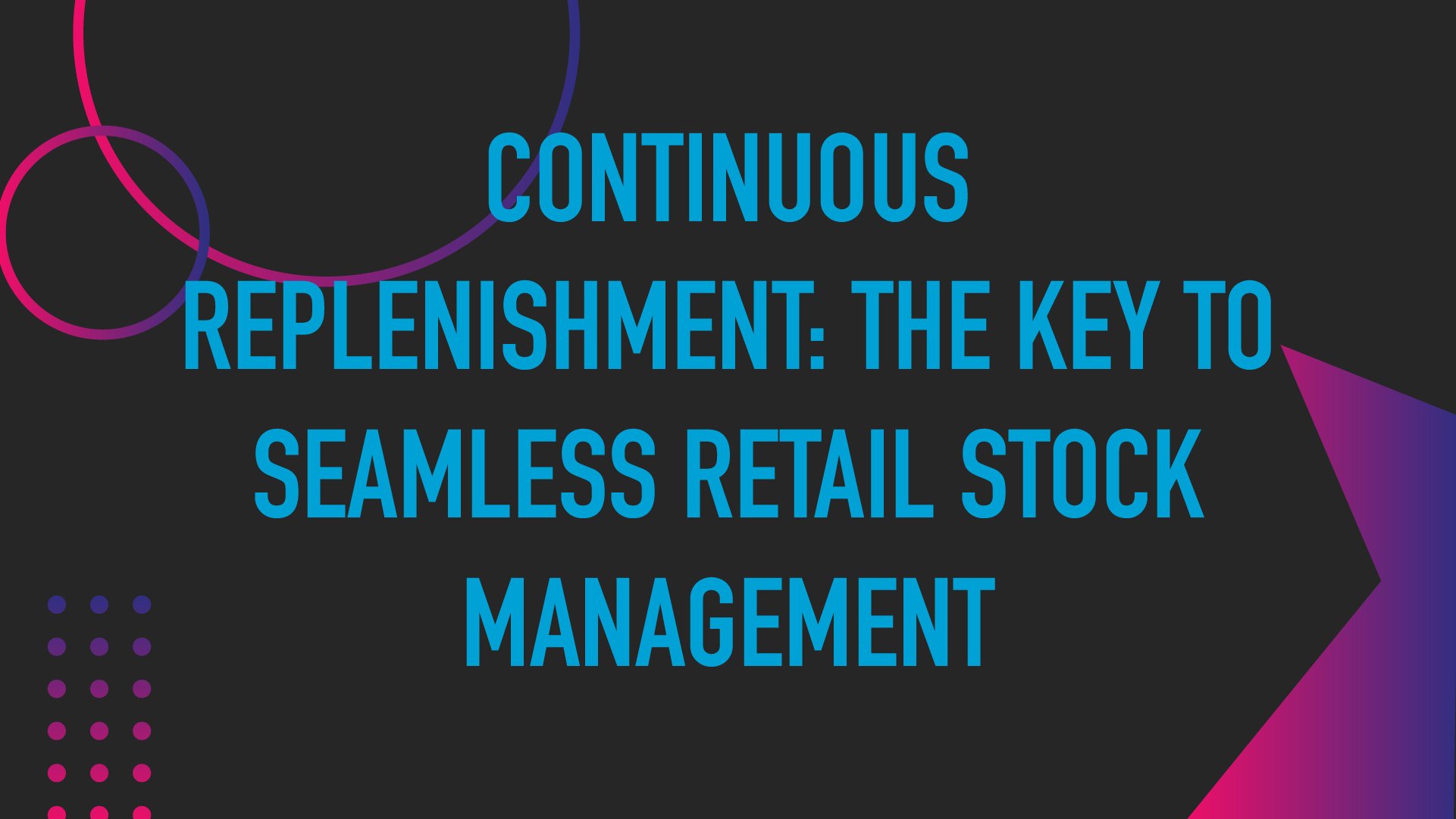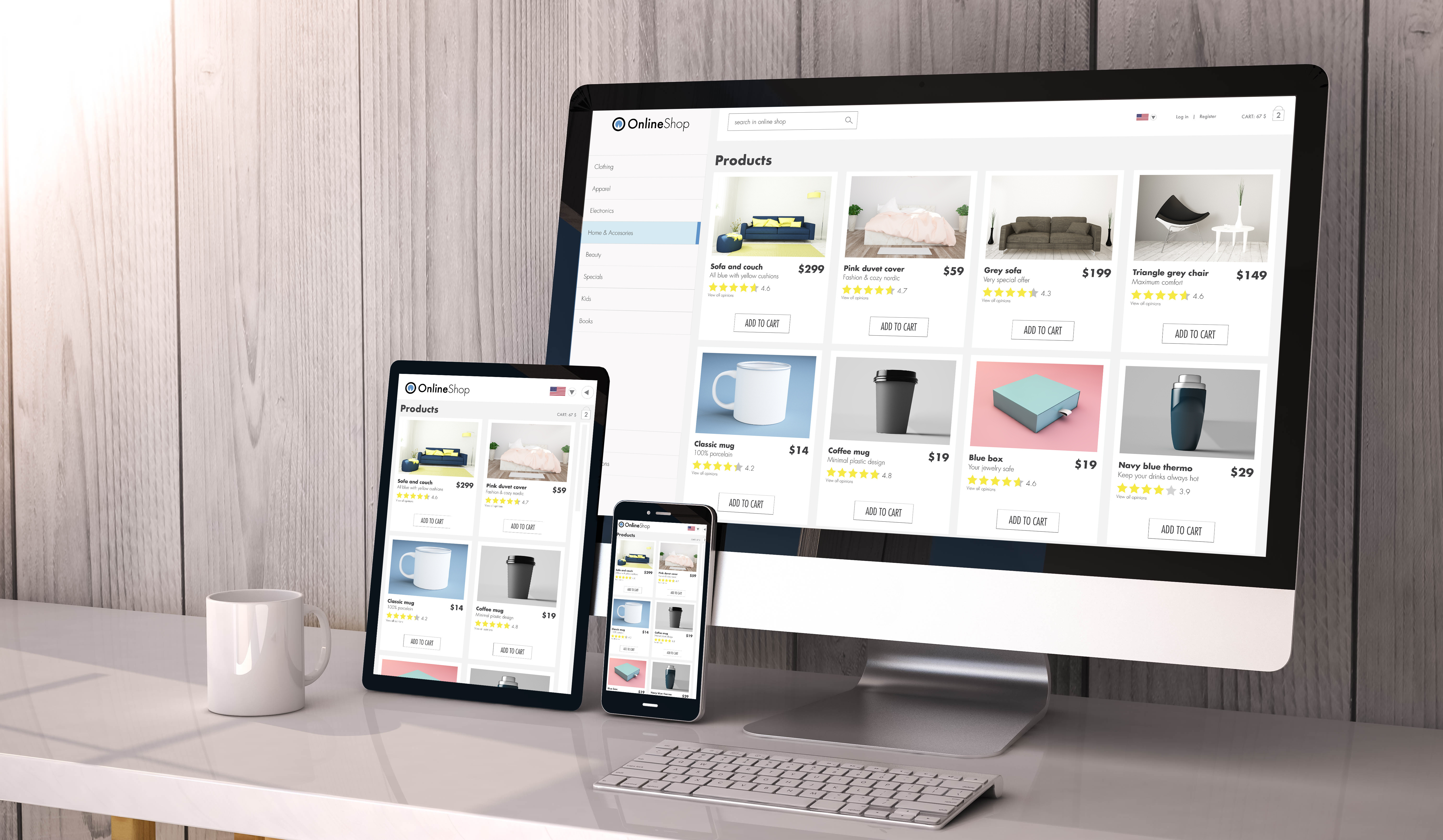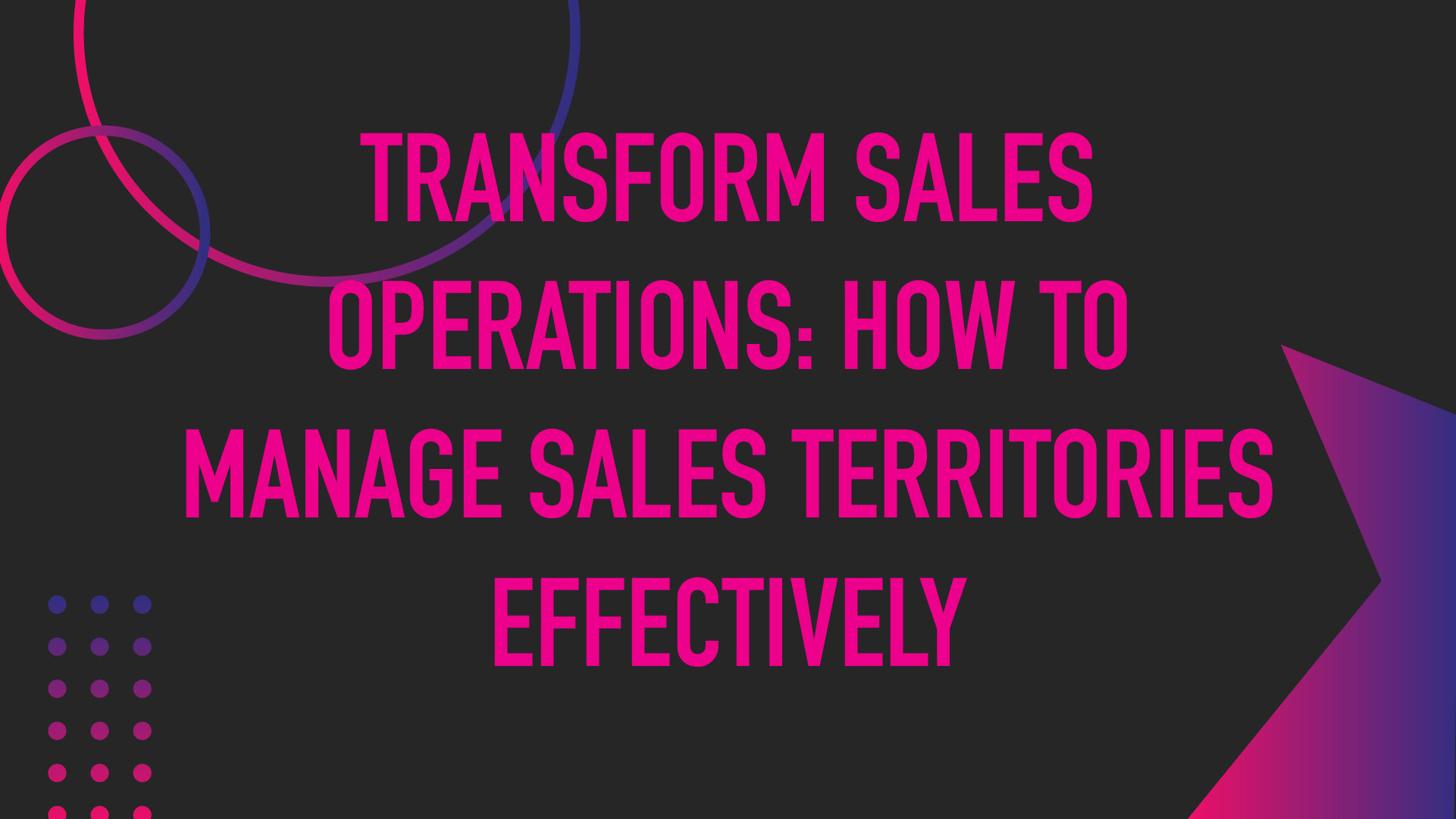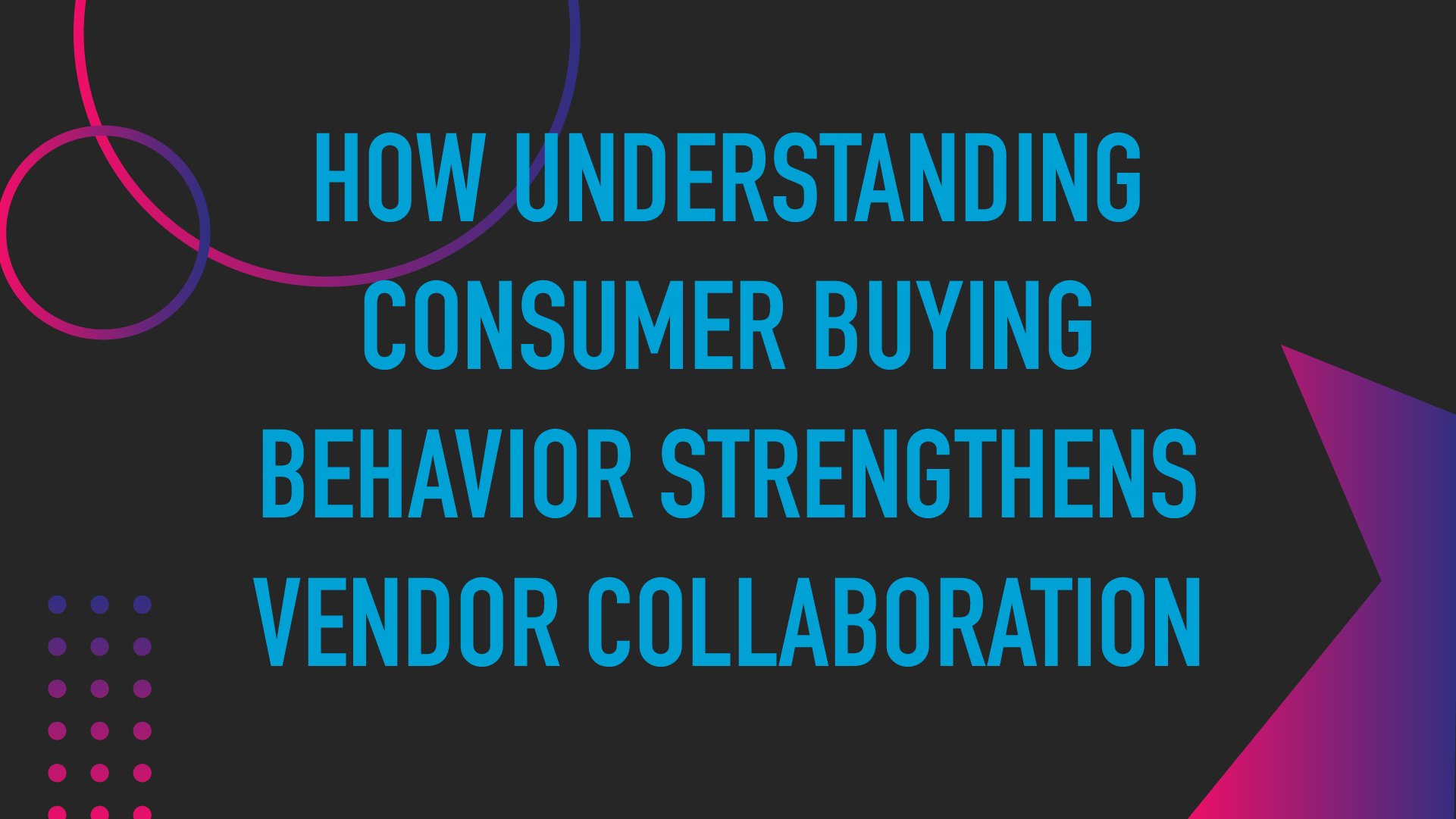Group Task Managers in Action: Boosting Collaboration Across Teams

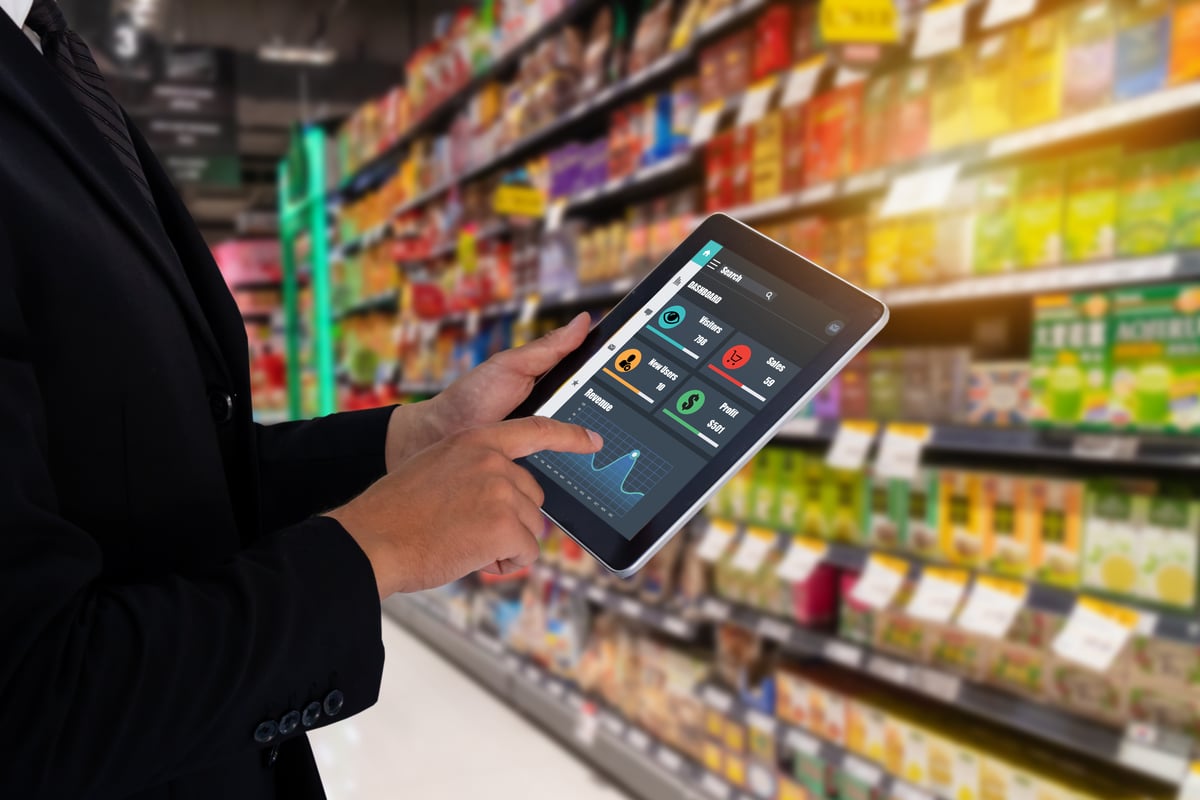
Seamless collaboration among store teams, distributors, merchandisers, and consumer packaged goods (CPG) company field teams is vital for success. Group task managers are a game-changer in improving team collaboration and efficiency.
How Task Management Software Improves Team Collaboration
Collaboration is the backbone of any successful retail operation. Centralized task assignment through task management software has become a powerful tool for managers to streamline and optimize their team's workflow. By utilizing a centralized platform, managers can assign tasks, set priorities, and monitor progress all in one place.
Task managers allow retail team leads to have a clear overview of the workload distribution and make informed decisions about resource allocation. This visibility enables proactive problem-solving, leading teams to collaborate more effectively, meet deadlines with greater ease, and achieve better outcomes overall.
This approach is further optimized by task management software that is accessible on mobile devices, allowing for instant communication to promptly resolve issues and keep everyone informed. These real time updates ensure that store and field teams are aligned and on the same page regarding what needs to be done, eliminating confusion and enhancing productivity.
Task management software also serves as a repository for task history. This functionality allows teams to easily refer back to previous tasks and decisions, enabling efficient knowledge transfer and facilitating process improvement. By having access to the historical data of completed tasks, teams can analyze patterns, identify bottlenecks, and make informed decisions on how to enhance their workflow. This streamlined collaboration among team members enhances the efficiency and effectiveness of their project management efforts.
Key Features to Look for in Task Management Software
Understanding the importance of task management software in boosting collaboration among retail teams is just the first step. Retail leaders need to know what to look for in group task manager solutions to ensure they choose the software that best equips their team for success. Identifying the key features that play a pivotal role in making collaboration efficient and effective is crucial.
1. Task Prioritization
Not all tasks are created equal. The ability to assign tasks, establish priorities, and set deadlines is fundamental for effective task management. Task prioritization ensures that the most critical and time-sensitive activities are tackled first. For instance, in a retail scenario, urgent restocking requests may take precedence over routine inventory checks.
By utilizing task prioritization features in task management software, managers empower store and field teams to focus on what matters most. Task Prioritization not only improves productivity but also helps teams align their efforts with broader business goals.
2. Customization
Every retail operation has its unique needs and workflows. What works for one store may not be suitable for another. This is where customization comes into play. Look for software that can tailor task lists and workflows to specific retail needs.
Customization allows teams to create tasks that align with a store's particular processes, whether it's visual merchandising, shelf placement, promotional set-up, or compliance checks. This adaptability ensures that a task management solution is finely tuned to individual retail operations, enhancing its effectiveness and relevance.
3. Integration
In today's interconnected digital landscape, task management software should not operate in isolation. Integration enables a free flow of data between different aspects of retail operations. Consider software that can integrate seamlessly with Customer Relationship Management (CRM) systems, inventory management software, or reporting systems.
4. Reporting and Analytics
Robust reporting capabilities are essential in any task management software. They provide insights into task completion rates, bottlenecks, and overall team performance. With reporting and analytics features, teams can identify trends and patterns in a task management process. Are certain types of tasks consistently delayed? Are specific team members more efficient in completing tasks? Are there recurring issues or obstacles causing bottlenecks? These insights empower team leads to make data-driven decisions and continually refine collaborative efforts.
5. Mobile Accessibility
Field teams are constantly on the move, making mobile compatibility crucial. Task management software should enable team members to access and update tasks on the go using their smartphones or tablets. This feature empowers field teams to stay connected and informed while in the field.
Whether it's confirming the completion of a merchandising display, capturing photos of product placements, or providing real-time updates on inventory levels, mobile accessibility ensures that tasks are not delayed due to location constraints. This flexibility improves responsiveness and allows for timely task execution.
Task Management Software in Action: A Retail Scenario
Imagine a CPG company wants to launch a new product in a retail store. The distributor, merchandiser, and store team must collaborate effectively. With group task management software:
- The CPG company creates a task to introduce the product, with details on positioning, pricing, and promotion.
- The distributor receives the task and coordinates with the merchandiser to ensure timely delivery.
- The merchandiser updates the task with in-store execution details, including product placement and display.
- The store team confirms task completion, and any issues or feedback are documented and addressed.
This seamless collaboration ensures the successful launch of the new product, resulting in increased sales and customer satisfaction.
Group collaboration powered by task management software is revolutionizing teamwork in the retail industry. These tools create a cohesive and productive environment by improving collaboration among store teams, distributors, merchandisers, and CPG company field teams. When selecting task management software, prioritize key features that align with specific retail needs to unlock the full potential of collaboration and efficiency. With group task managers in action, any retail operation can thrive in the competitive marketplace.
featured content
featured content

The Importance of On-Shelf Availability in Retail: Why Keeping Items Stocked is Critical for Competitiveness in 2026
Learn why on-shelf availability is critical in today's retail store environment
